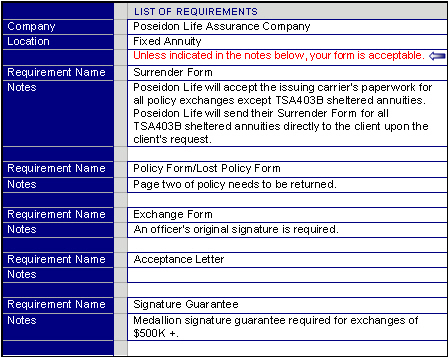
Other versions of the story are found in 4 Maccabees (which suggests that the woman might have thrown herself into the flames, 17:1) and Josippon (which says that she fell dead on her sons' corpses ).Ħ3 BCE 12,000 Jews die and many more are sent into the diaspora as a result of Pompey's conquest of the East. The woman commits suicide in this rendition of the story: she "also went up on to a roof and threw herself down and was killed". Tractate Gittin 57b cites Rabbi Judah saying that "this refers to the woman and her seven sons" and the unnamed king is referred to as the "Emperor" and "Caesar". The Talmud tells a similar story, but with the refusal to worship an idol replacing the refusal to eat pork. The narrator ends by saying that the mother died, without saying whether she was executed, or died in some other way. She watched her seven sons die in the space of a single day, yet she bore it bravely because she put her trust in the Lord." Each of the sons makes a speech as he dies, and the last one says that his brothers are "dead under God's covenant of everlasting life". The narrator mentions that the mother "was the most remarkable of all, and deserves to be remembered with special honour. When they refused, he tortured and killed the sons one by one. 2 Maccabees states that shortly before the revolt of Judas Maccabeus (2 Maccabees 8), Antiochus IV Epiphanes arrested a mother and her seven sons, and tried to force them to eat pork. Although unnamed in 2 Maccabees, she is known variously as Hannah, Miriam, and Solomonia. 124 BCE The woman with seven sons was a Jewish martyr, described in 2 Maccabees 7 (2 Maccabees was written c.

139 BCE Gnaeus Cornelius Scipio Hispanus expels all Jews from the city of Rome.

The festival of Hanukkah commemorates the uprising of the Maccabees against this attempt. 175 BCE–165 BCE The Deuterocanonical First and Second Books of the Maccabees record that Antiochus IV Epiphanes attempts to erect a statue of Zeus in Jerusalem. 475 BCE Haman attempts genocide against the Jews. 586 BCE During the reign of King Nebuchadnezzar II, the Neo-Babylonian Empire destroys the temple in Jerusalem, and captures the Kingdom of Judah and 10,000 Jewish families. The Northern Kingdom of Israel was conquered by the Neo-Assyrian Empire.

Antiquity 740 BCE The Assyrian captivity (or the Assyrian exile) is the period in the history of Ancient Israel and Judah during which several thousand Israelites of ancient Samaria were resettled as captives by Assyria.


 0 kommentar(er)
0 kommentar(er)
